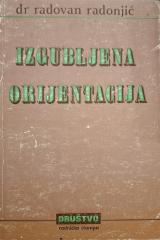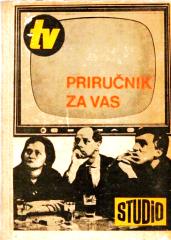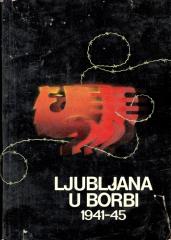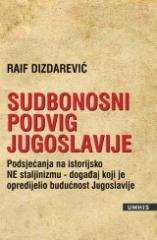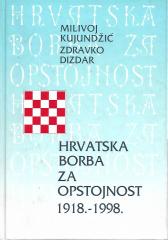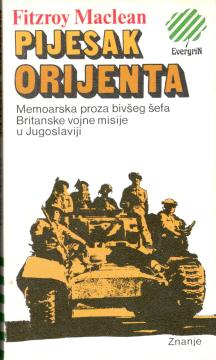
Pijesak Orijenta
Die Memoiren „The Sands of the Orient“ (1949), Teil des autobiografischen Werks des britischen Diplomaten, Soldaten und Schriftstellers Fitzroy Maclean (1911–1996), beschreiben seine Abenteuer im diplomatischen Dienst und im Zweiten Weltkrieg.
Das in drei Teile gegliederte Buch konzentriert sich auf „östliche Annäherungen“ – Reisen in die Sperrzonen der UdSSR, des Iran und Afrikas sowie die Mission in Jugoslawien. Maclean, die Inspiration für James Bond, schreibt lebendig, mit Humor und Ironie und feiert Abenteuer und geopolitische Intrigen.
Der erste Teil führt Sie nach Moskau im Jahr 1937, wo Maclean, ein junger Diplomat, die stalinistischen Säuberungen und die Hungersnot in der Ukraine beobachtet. Unzufrieden mit dem diplomatischen Leben, bereist er als Journalist getarnt Zentralasien: Er besucht Samarkand, Buchara und Kaschgar und riskiert dabei eine Verhaftung durch den NKWD. Er trifft Nomadenstämme, beschreibt exotische Basare und Konflikte zwischen Marxismus und Islam und betont den Kontrast zwischen sowjetischer Propaganda und Armut. Diese „verbotenen“ Reisen symbolisieren seinen Freiheitsdrang und seine Kritik am Totalitarismus.
Der zweite Teil führt in den Krieg: 1941 tritt Maclean der Armee bei und schließt sich dem SAS (Special Air Service) in Nordafrika an. Als Kommandant führt er Luftangriffe auf Rommels Linien an – sie zerstören die Luftstreitkräfte in Bengasi und Tobruk, während sie mit minimaler Ausrüstung durch die Wüste rasen. Er beschreibt angespannte Nachteinsätze, Verluste und Kameradschaft und verhöhnt die Bürokratie. Es folgt 1943 ein Einsatz im Iran: Mit einer Gruppe von Offizieren organisiert er die Besetzung Teherans gegen pro-nazistische Kräfte, trifft auf den Schah und britische Verbündete und riskiert ein Attentat.
Der dritte, bekannteste Teil behandelt Jugoslawien: Als Leiter der britischen Mission springt Maclean 1943/44 mit dem Fallschirm über Durmitor ab und schließt sich Titos Partisanen an. Er lebt in Höhlen, kämpft gegen Tschetniks und Deutsche und organisiert Luftversorgung. Er beschreibt Tito als charismatischen Führer, aber auch als Brutalität des Krieges – Massaker, Hungersnöte und ideologische Konflikte. Seine Rolle war entscheidend für die Unterstützung der Partisanen durch die Alliierten und veränderte den Verlauf des Krieges auf dem Balkan.
Im Angebot sind keine Exemplare vorhanden
Das letzte Exemplar wurde kürzlich verkauft.
